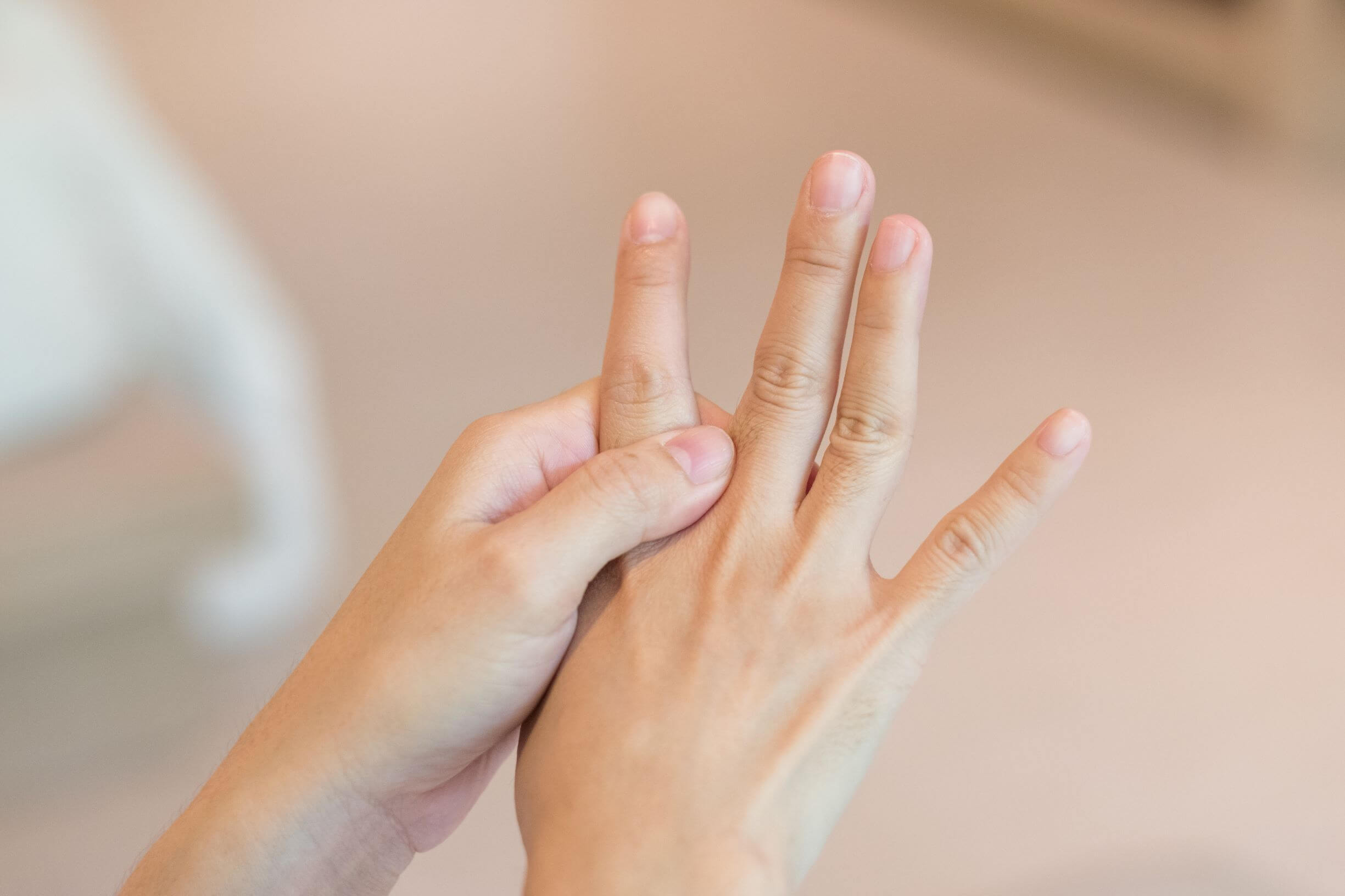The pain, swelling, and stiffness of a broken knuckle is something many people have experienced, but they then played tough and allowed the injury to heal on its own. Most likely, that decision led to everlasting regret, as a broken bone that is allowed to heal without proper treatment may lead to malformation of that finger.
Although a misshapen finger is relatively minor in the grand scheme of life, it’s still not pleasant to see. More importantly, the muscles and bones will not function the way they were supposed to, possibly leading to minor pain and awkward movements forever.
Do yourself a favor and seek treatment if you experience a broken knuckle in order to avoid possible deformity and unnecessary challenges.
Common Causes of Broken Knuckles
Two of the most common types of hand fractures are phalanges fractures and metacarpal fractures. Phalanges fractures occur in the 14 smaller bones of the fingers. The thumb contains two phalanges, while the other fingers contain three each. Metacarpal fractures are a break in one or more of the five long metacarpal bones of the fingers.
According to the U.S. National Library of Medicine, metacarpal fractures comprise between 18 percent and 44 percent of all hand fractures. Non-thumb metacarpals account for about 88 percent of all metacarpal fractures, with the fifth finger most commonly involved.
Punching something or someone is the most common cause of broken knuckles, which is why athletes who enjoy boxing are encouraged to wrap their hands or use boxing gloves. In fact, broken knuckles are so common in this sport that an injury of the pinky is sometimes referred to as a “boxer’s fracture.”
In addition to participating in sports or other exercises, common causes of broken knuckles include:
- jamming the finger in a door, window, or tool
- slamming your hand against a hard surface
- falling
- injuring your finger at the workplace, especially in fields requiring skilled labor

Hand Fracture Treatment
Treatment of broken knuckles or fractured knuckles typically involves realigning the bone by stabilizing it, although the location and extent of the fracture will determine the course of treatment. A common way to do so is to advise the patient to wear a splint or brace until the injury heals.
Surgery is another option, including in cases where an injury has healed improperly and realignment is required. You may require surgery if:
- Your metacarpal bones are broken and misaligned
- Your fingers do not align correctly
- The fracture has broken through the skin
- The pain gradually worsens
If you have experienced a hand fracture, Dr. Arora will take several steps to gauge the extent of the injury, including:
- testing the motion and sensitivity in the fingers
- assessing if there is any significant loss of finger length or loss of the normal alignment of the fingers
- checking sensitivity to touch to determine if there is nerve damage
- having an X-ray taken to analyze the extent and location of the fracture
If you have experienced a broken knuckle or other hand fracture, Dr. Arora will help determine the best course of treatment for you. Make an appointment through his website or by calling one of his offices, located in West Bloomfield, Howell, Warren, and Macomb Township.
















